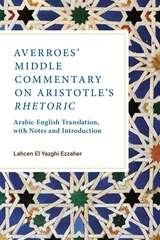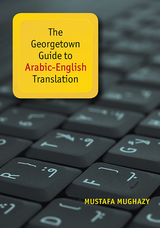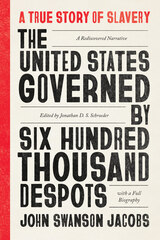
Abū al-Walīd Muḥammad ibn Aḥmad ibn Rushd (d. 1198 AD), known as Averroes in the West, wrote one of the most significant medieval Arabic commentaries on Aristotle’s famous treatise, Rhetoric. Averroes worked within a tradition that included the Muslim philosophers Al-Farabi (d. 950) and Avicenna (d. 1037), who together built an early canon introducing Aristotle’s writings to the academies of medieval Europe. Here, for the first time, Lahcen El Yazghi Ezzaher translates Averroes’ Middle Commentary into English, with analysis highlighting its shaping of philosophical thought.
Ibn Rushd was born into a prominent family living in Córdoba and Seville during the reign of the Almoḥad dynasty in the Maghreb and al-Andalus. At court, he received support to write a body of rhetorical commentaries extending the work of his Arabic-Muslim predecessors, a critical step in fostering Aristotle’s influence on European scholasticism and Western education. Ezzaher’s meticulous translation of Averroes’ Middle Commentary reflects the depth and breadth of this engagement, incorporating a discussion of the Arabic-Muslim commentary tradition and Averroes’ contribution to it. His research illuminates the complexity of Averroes’ position, articulating the challenges Muslim scholars faced in making non-Muslim texts available to their community. Through his work, we see how people at different historical moments have adapted intellectual concepts to preserve rhetoric’s vitality and relevance in new contexts.
Averroes’ Middle Commentary exemplifies the close connections between ancient Greece and medieval Muslim scholarship and the ways Muslim scholars navigated an appreciation for Aristotelian philosophy alongside a commitment to their cultural and religious systems.

"Translation is like a reverse-engineering process—whereby, say, we might take apart a clock made of metal parts in order to build a functioning replica made entirely of plastic. Our final product will not look the same as the original clock, and it would be impossible to simply copy the designs of its inner workings, because plastic and metals have very different properties. For example, we cannot make small plastic springs or very thin gears of plastic. But these changes do not matter; the only thing that matters is that our replica will tell the time correctly.”—From the Introduction
The Georgetown Guide to Arabic-English Translation is an essential step-by-step, practical manual for advanced learners of Arabic interested in how to analyze and accurately translate nonfiction Arabic texts ranging from business correspondence to textbooks.
Mustafa Mughazy, a respected Arabic linguist, presents an innovative, functional approach that de-emphasizes word-for-word translation. Based on the Optimality Theory, it favors remaining faithful to the communicative function of the source material, even if this means adding explanatory text, reconfiguring sentences, paraphrasing expressions, or omitting words.
From how to select a text for translation or maintain tense or idiom, to how to establish translation patterns, The Georgetown Guide to Arabic-English Translation is useful both as a textbook and a reference. An invaluable set of appendices offers shortcuts to translate particularly difficult language like abbreviations, collocations, and common expressions in business correspondence, while authentic annotated texts provide the reader opportunities to practice the strategies presented in the book. A must-read for advanced learners of Arabic, this is a book every scholar and graduate-level student will wish to own.
READERS
Browse our collection.
PUBLISHERS
See BiblioVault's publisher services.
STUDENT SERVICES
Files for college accessibility offices.
UChicago Accessibility Resources
home | accessibility | search | about | contact us
BiblioVault ® 2001 - 2024
The University of Chicago Press









